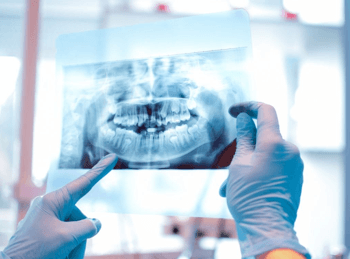Preeclampsia, a complication of pregnancy, results in high blood pressure and increased levels of protein in the urine. In some severe cases, preeclampsia can lead to eclampsia (seizures) and an increased risk of death.
Doctors have known about preeclampsia for many centuries, though its direct causes are unknown. The only cure for a mother-to-be is delivery of her baby. In some serious cases, an early delivery, at times requiring Cesarean section, may be recommended, despite the health risks of a premature birth for the baby.
“The cost of preeclampsia is high, as a leading cause of prematurity, and far-reaching, as mothers face lifelong increased rates of cardiovascular disease. Women with preeclampsia require specialized care during and after pregnancy to improve pregnancy outcomes and long-term health,” says Louise E. Wilkins-Haug, MD, PhD, Division Director of Maternal-Fetal Medicine and Reproductive Genetics at Brigham and Women’s Hospital (BWH).
Drs. Wilkins-Haug and Thomas McElrath, MD, PhD specialize in the care of pregnant women with preeclampsia to balance the health risks to women and their children. Dr. Wilkins-Haug also works with Ann C. Celi, MD, MPH, a primary care physician, in a multidisciplinary clinic within the Maternal-Fetal Medicine Division, to ensure a safe transition from delivery to primary care.
While preeclampsia resolves after delivery, research has found it has long-term health consequences. Women with a history of preeclampsia have a two- to four-fold increase in the risk of developing high blood pressure and heart disease later in life. For these women, preeclampsia can serve as a warning, allowing them to take measures to reduce their risk of heart disease.






